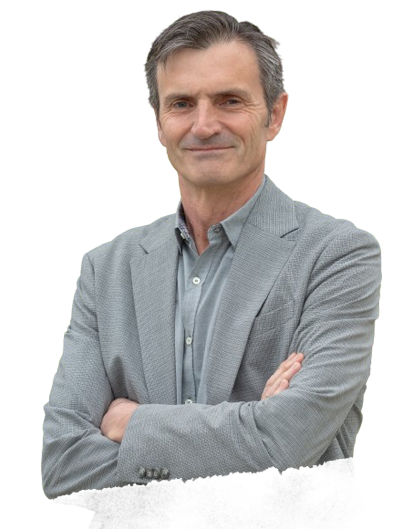The students of the 3rd year of Journalism are working for a semester on the Sustainable development Goals (SDGs) of the United Nations. From the subjects of "Genres and television programs" andonline journalism", professors Bienvenido León and Ramón Salaverría plan the projects around this common topic , which has been chosen for its great relevance as a social challenge.
The synergy of these two subjects allows to have a joint vision of the students and to achieve the production of unitary informative products. Students develop their projects in groups of 6 or 7 people, dividing among them the different roles within the work. They have to choose an SDG and the approach they want to give it and, then, to limit it to some place in Pamplona or its region. The idea is to devise and develop a way to give voice to these issues relevant to society in two complementary formats: video and web report.
In "Television Genres and Programs" students learn the skills, techniques and tools necessary for the production and realization of two audiovisual reports.
In "online journalism" students use digital media technologies and language to create a webdoc, that is, a web document that reports on reality through the use of interactive digital technologies. Here, artistic and journalistic visions come together to provide the consumer with an active experience.
In figures
189
STUDENTS
36
FEATURES
18
WEBDOCS
Meet the projects of the students

ODS 5: GENDER EQUALITY
ODS 10: REDUCTION OF INEQUALITIES
Everything you don't see
Todo lo que no ves is a project that deals with the social work of the different institutional organizations and their respective responsibilities. It seeks to join forces from the institutions to achieve sustainable development .

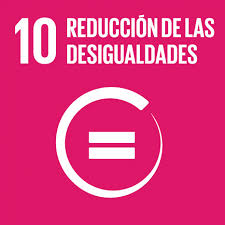
MEMBERS
Bruno Arregui, Javier Barreda, Lucía Boned, Naiara Carrasco, Mario Castroviejo, Sofía Castilblanco and Luis García.
ODS 11: SUSTAINABLE CITIES AND COMMUNITIES
The eco-city of Sarriguren
The eco-city of Sarriguren explores the functioning of an eco-city in the region of Navarra. Eighteen years after its construction, the effectiveness of the urban planning project is analyzed from its origins to verify the effectiveness of its initial approach: to promote development and sustainable living. This webdoc explores the progress and challenges faced by its 16,000 inhabitants.
In addition, the urban sustainability of neighborhoods in the center of Pamplona, such as Iturrama, whose works to promote sustainable mobility began in the summer of 2024.
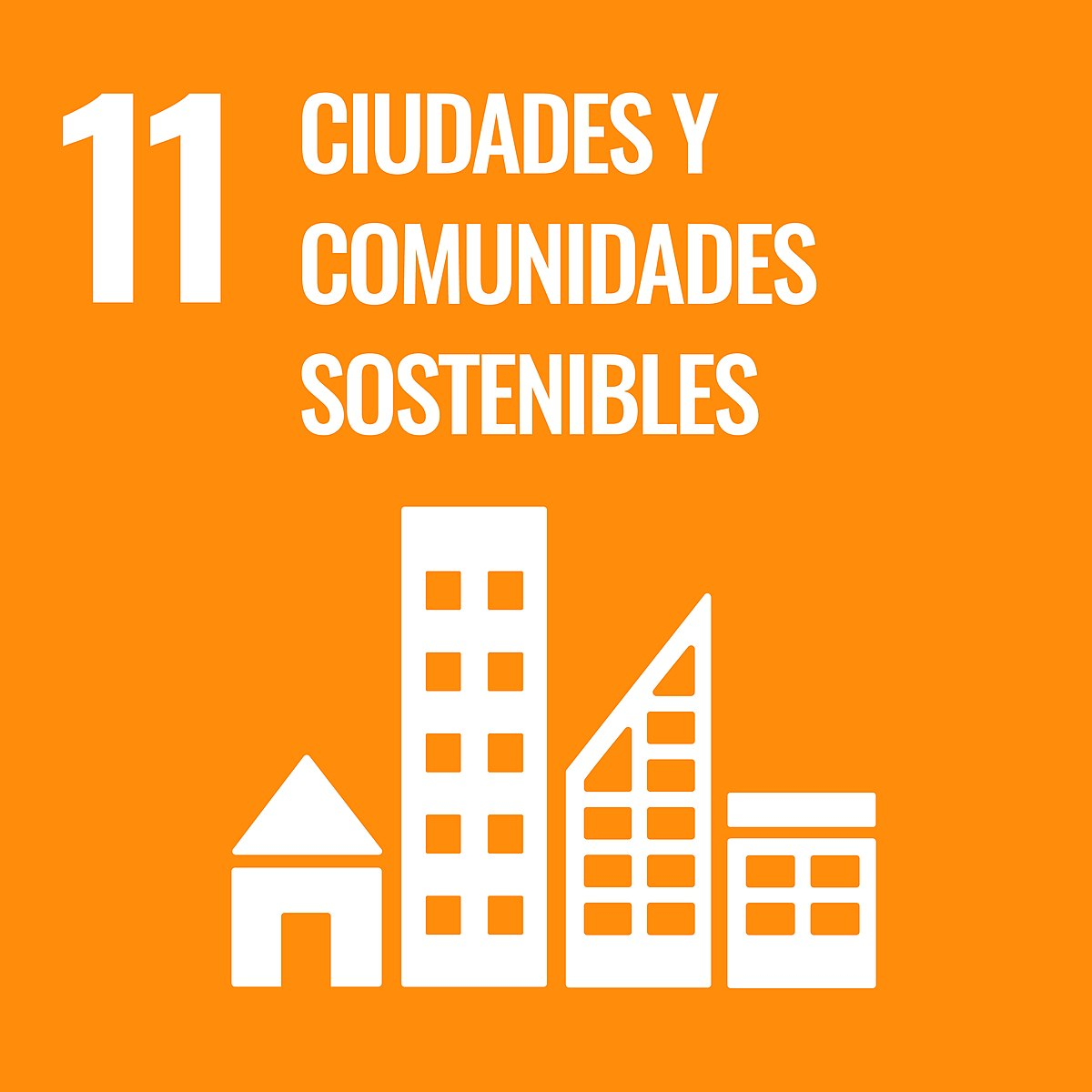
MEMBERS
Goretti Labella, Leire Iriarte, Gael Laspalas, Ricardo Mórtola, Pepe Gratacós and Rodrigo Ipas.
ODS 7: AFFORDABLE AND CLEAN ENERGY
Navarra only
There is a great lack of knowledge about renewable energy in Navarra. For this reason, Solamente Navarra addresses how neighbors from different corners of the region live with it on a daily basis. In 2024, 67.5% of the energy produced in Navarra was renewable. The webdoc presents different ways of incorporating solar panels for self-consumption in private homes, gardens or neighboring buildings.

MEMBERS
Sandra López, María Ezpeleta, Maider Jiménez, Rodrigo García-Villoslada, Guadalupe García, Sofía Corrales and Alejandra Domínguez.
SDG 9: INDUSTRY, INNOVATION AND INFRASTRUCTURE
Pamplonup!
Pamplonup! presents several stories of entrepreneurship in the music industry, aesthetics and repositioning. The protagonists reveal the challenges involved in creating a business from scratch in the capital of Navarra. In addition, the project addresses the main obstacle faced by young entrepreneurs: the lack of funding, as well as the aids issued by public agencies and the essential tools that an entrepreneur must have.
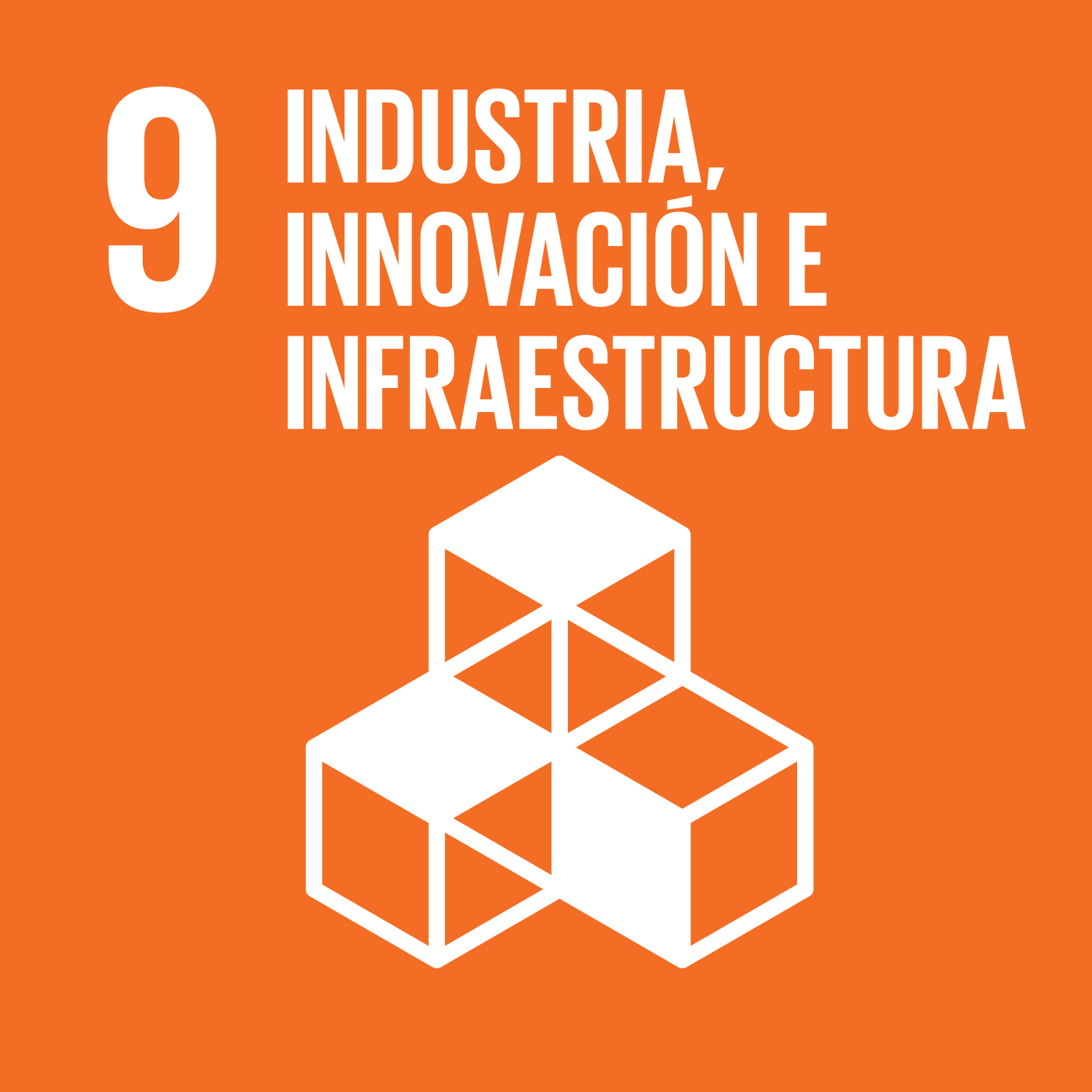
MEMBERS
Viola Lumina, María Victoria Losa, Miguel Machuca, Emiliana Rico, Laura Rojas, Cecilia Pérez, Covadonga Organero and Juan Cortés.
SDG 8: WORK DECENT WORK AND ECONOMIC GROWTH
No relief
In Pamplona, 1 out of 10 businesses believes that it will close within a year. Faced with an aging population and the lack of generational change, Sin relevo gives voice to one of the last businesses to close. Muebles Ezcurdia is one of the many family businesses that closed without the illusion that a new generation would take over; 120 years after its opening, we know its history.
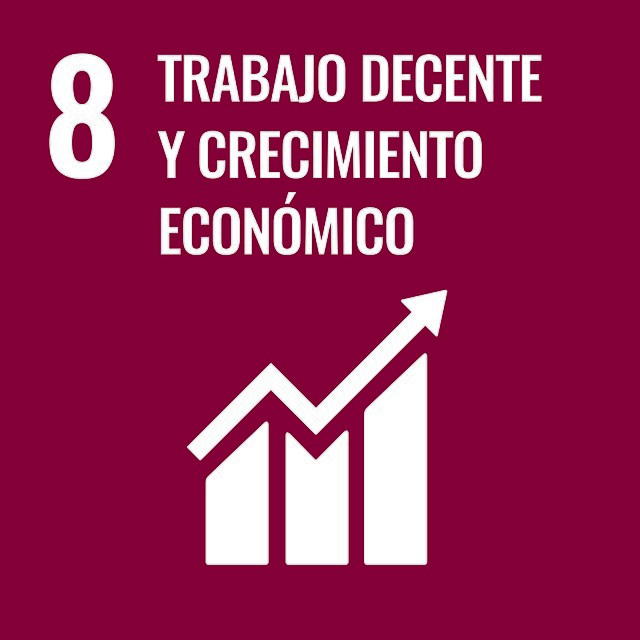
MEMBERS
Daniel Guillen, Iván Hernández, Vania Samperio, Sofía Ode, Santiago Taboada, Mario Medina, María Zegers and Carmen Ulecia.
ODS 3: HEALTH AND WELL-BEING
ADHD
In Spain 500,000 children and adolescents are diagnosed with Attention Deficit Hyperactivity Disorder (ADHD). Due to the lightness and ignorance with which the disorder is treated in channels such as social networks, ADHD creates a platform that presents the symptoms, explains its definition and has the testimony of experts to recommend the best treatments. The project is presented in a visual form to serve as a guide for patients, families and anyone who wants to learn about the disorder.
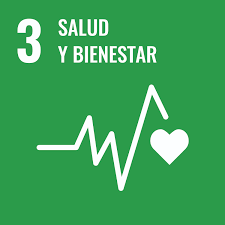
MEMBERS
Irune Abadía, Santiago Abadía, Iñigo Goñi, Carlota Pulido, Andre Quispe, Amaia Recalde, Maria Saldaña and Ferran Serveto.
ODS 11: SUSTAINABLE CITIES AND COMMUNITIES
The Iturrama superblock
Iturrama is the first superblock of Pamplona and one of the most populated neighborhoods of the capital of Navarre. Due to the advances of its urban structure and the prevalence of the pedestrian zone, La supermanzana de Iturrama traces the history of the neighborhood since its Building and analyzes the demographic data and the advances that place it among one of the pioneering neighborhoods of the city.

MEMBERS
Cristina Barro, Mariana Guanaes, Iker Canosa, Valeria Benavides, Xabier Ardáiz, Camila Chavez and Mikel Goldaracena.
ODS 4: EDUCATION QUALITY
And what happens after you arrive?
Migrants represent 19.5% of the inhabitants of Navarre. Many arrive in Navarra in the hope of finding a better life and in search of opportunities for themselves and their families. And what happens after they arrive? seeks to present the main challenges faced by these people on their arrival in Pamplona. In addition, it delves into the work of schools such as José María Iribarren, where migrants have the possibility of receiving Spanish classes to overcome the language barrier.
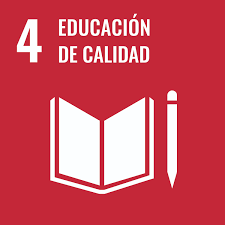
MEMBERS
Casilda Zuloaga, Javier Sobrón, Celia Sarrasín, Lola Velasco, Daniela Sánchez, Isabela Saavedra, Ariana Viera and Joanan Ross.
ODS 12: RESPONSIBLE PRODUCTION AND CONSUMPTION
Pamplona Arropa
In 2024 Navarra counted 3,000 tons of reused clothes, 5% more than the previous year. Giving a second life to clothes is a way that more and more neighbors opt for, Pamplona Arropa presents the alternatives that the neighbors of the region give to their clothes: contacting the clean point, donating to the most needy or leaving it in the hands of young entrepreneurs who seek to recycle second-hand clothes are some of the examples.
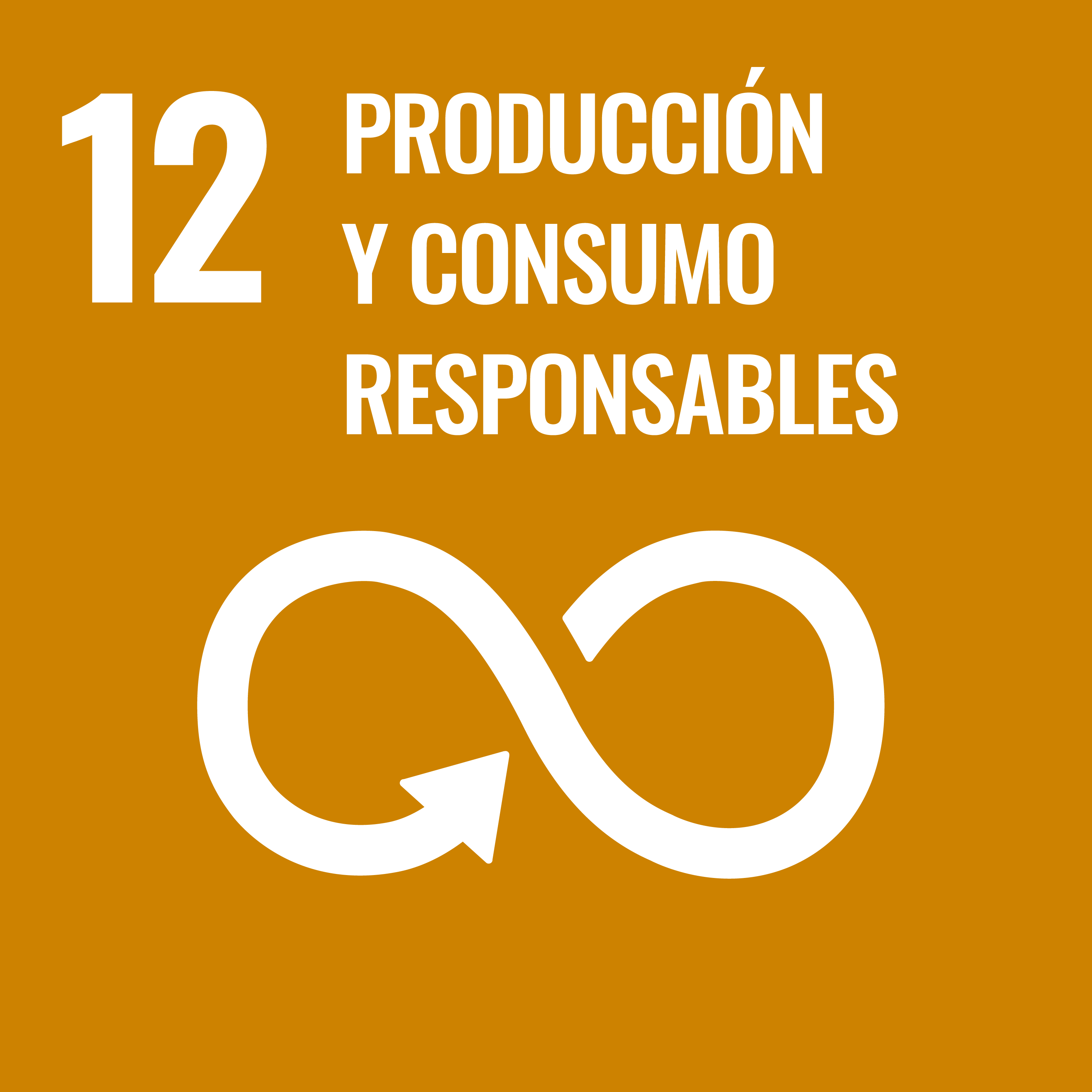
MEMBERS
Javier Amatria, Maitane García, Álvaro García-Alarcón, Íñigo Gil, Virginia Gil-Nogués, Haizea Martínez de San Vicente, Iosu Múgica and Verónica Sastre.
"Unifying the two subjects makes work easier for students, who can take advantage of the documentation and maximize their time. We think that the SDGs are one of the most far-reaching subjects to choose, because sustainability is an issue core topic"
WELCOME LEÓN
Professor of the subject "Television Genres and Programs".
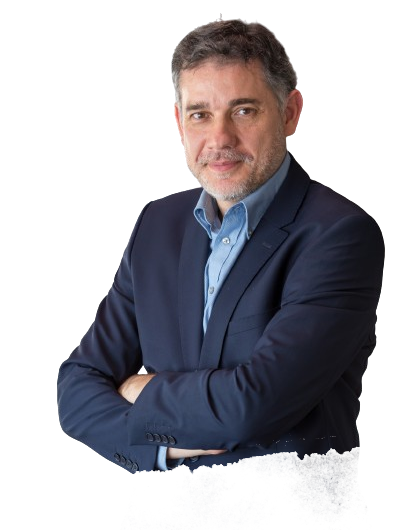
"I have always found it better for students to be more concerned with quality than quantity. By combining these two subjects, students can dedicate time to developing a good work. Journalism is like that: a team work , where different skills and profiles are mixed."
RAMÓN SALAVERRÍA
Professor of the subject "online journalism"
Previous editions
2023-2024
SDG 9: INDUSTRY, INNOVATION AND INFRASTRUCTURE
Innavar
Innavar aims to explore and discover the innovative pulse of Pamplona, so sample several of the innovation projects that are currently being developed in the region. But not everything is rosy, evolution and development can also have problems, and in Innavar you can discover it. In addition, Innavar also makes an exploration of the possible future of Pamplona.

ODS 10: REDUCTION OF INEQUALITIES
Coats Iruña
In this webdoc, we are pleased to share with you our initiative to improve the quality of life of homeless people in Navarra and surroundings through a dedicated web platform.
Our mission statement is to provide an accessible(iconographic service map) and easy to use digital tool that allows homeless people in Navarra to find the best services available to meet their basic needs.

SDG 8: WORK DECENT WORK AND ECONOMIC GROWTH
Navarra welcomes
In our webdoc you can explore the different stories of those who decided to leave their country to start a new life in Navarra. The help provided by different associations and companies and the most relevant data and statistics on the topic.

ODS 3: HEALTH AND WELL-BEING
Back to beat
This webdoc is an informative product based on the three essential foundations for an effective digital narrative: hypertextuality, interactivity and multimedia.
We try to offer the Username an attractive experience where he himself can draw his own pathway of reading and deepening in the information. To do this, we chose three personal and close stories, three stories of hope, which we make known by combining language and digital formats: texts, images, videos, sounds, drawings. In addition, we developed infographics and graphics to land in Pamplona the social issues we deal with and tell it to Username in a visual way.

ODS 4: EDUCATION QUALITY
EDUNAV
The reason for this project? The academic decline in the Autonomous Community of Navarre reflected in the last report PISA. In addition, the growing concern about the irruption of technology within the teaching and the increase of cases of children with attention problems, learning or speaking difficulties, have been the driving forces behind this work. Thus, EDUNAV is the collection of information to understand the new context/panorama in which Education finds itself in order to provide tools for a better understanding of this panorama.

ODS 11: SUSTAINABLE CITIES AND COMMUNITIES
Berdea Bidet
We have five protagonists who help us to count and order the information. At the end of the Webdoc the complete reports appear, where the Username has the opportunity to enjoy the complete information. Next to each protagonist there is additional information that allows the reader to know more about the topic of each page and multimedia resources (videos, audio, maps, etc. that make the webdoc more interactive). The webdoc traces the path to sustainability in Pamplona.

SDG 8: WORK DECENT WORK AND ECONOMIC GROWTH
Earning a living
We tried to approach the Navarre shopping basket from a historical, current and future perspective. In particular, we wanted to explore price increases and the sustainability of our food industry. To do so, we conducted a series of interviews with people from different profile located in Pamplona. On the one hand, citizens of diverse origin who have noticed, like everyone else, the rise in prices; on the other hand, experts with whom we tried to anticipate what our per diem expenses will be like in the near future.

ODS 12: RESPONSIBLE PRODUCTION AND CONSUMPTION
Pamplona (sustainable)
A website that tries to raise awareness among people living in Pamplona about the way they have to consume, both in food and clothing, as well as in waste. It tries to inform about the treatment process that food, clothes and waste have in order to be reused as much as possible and how it is achieved in Navarra.


